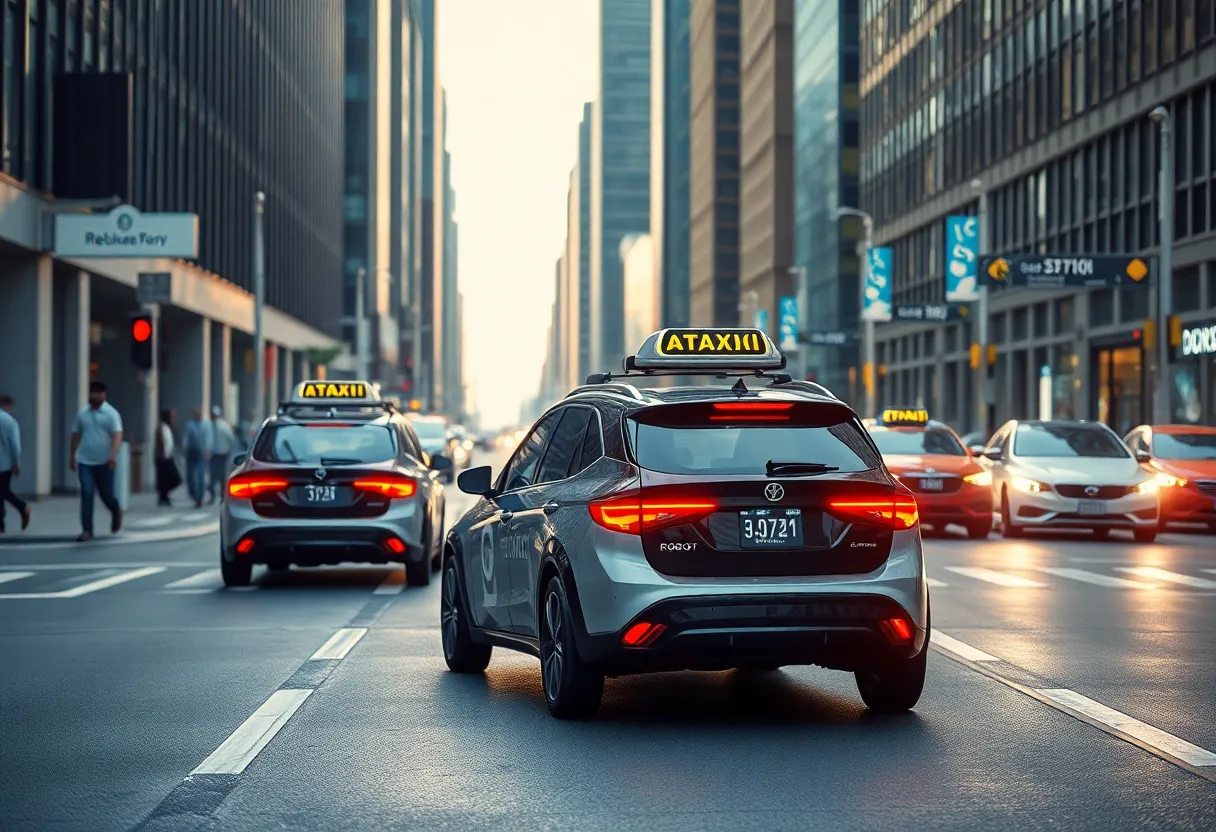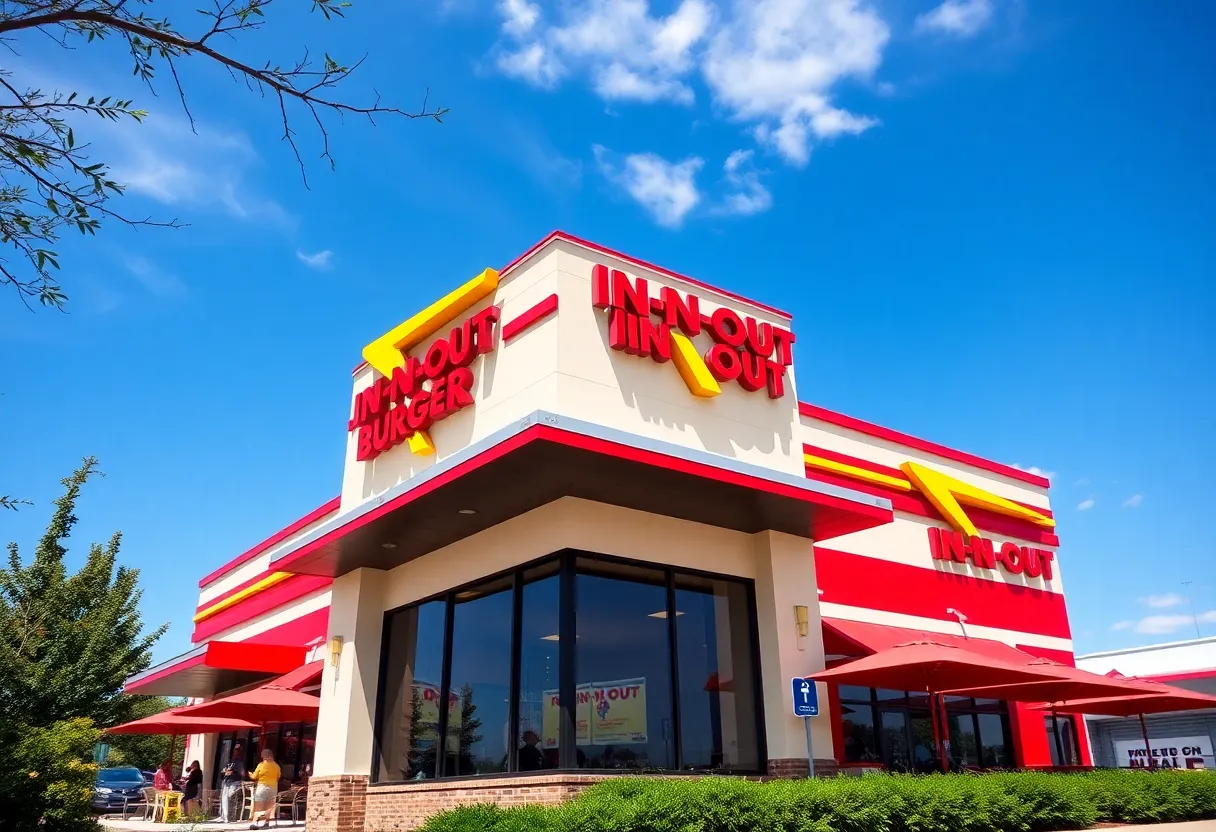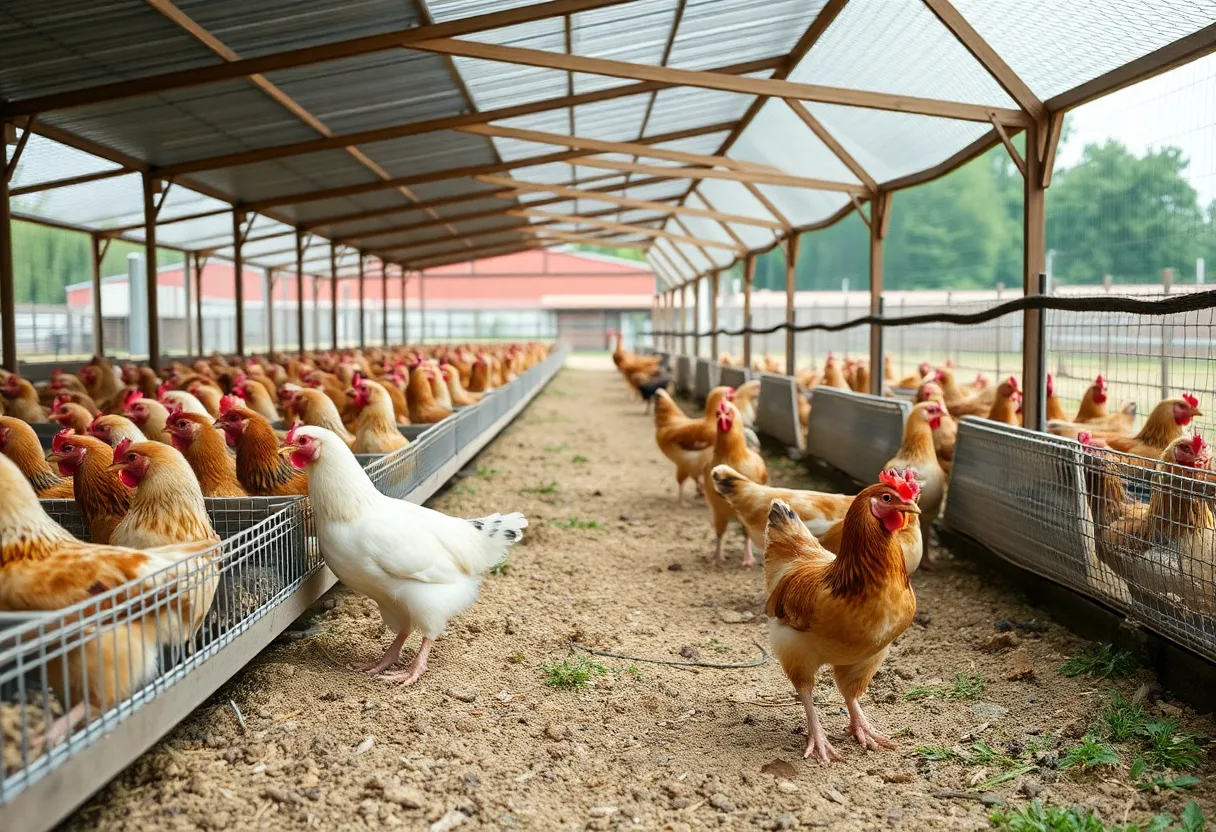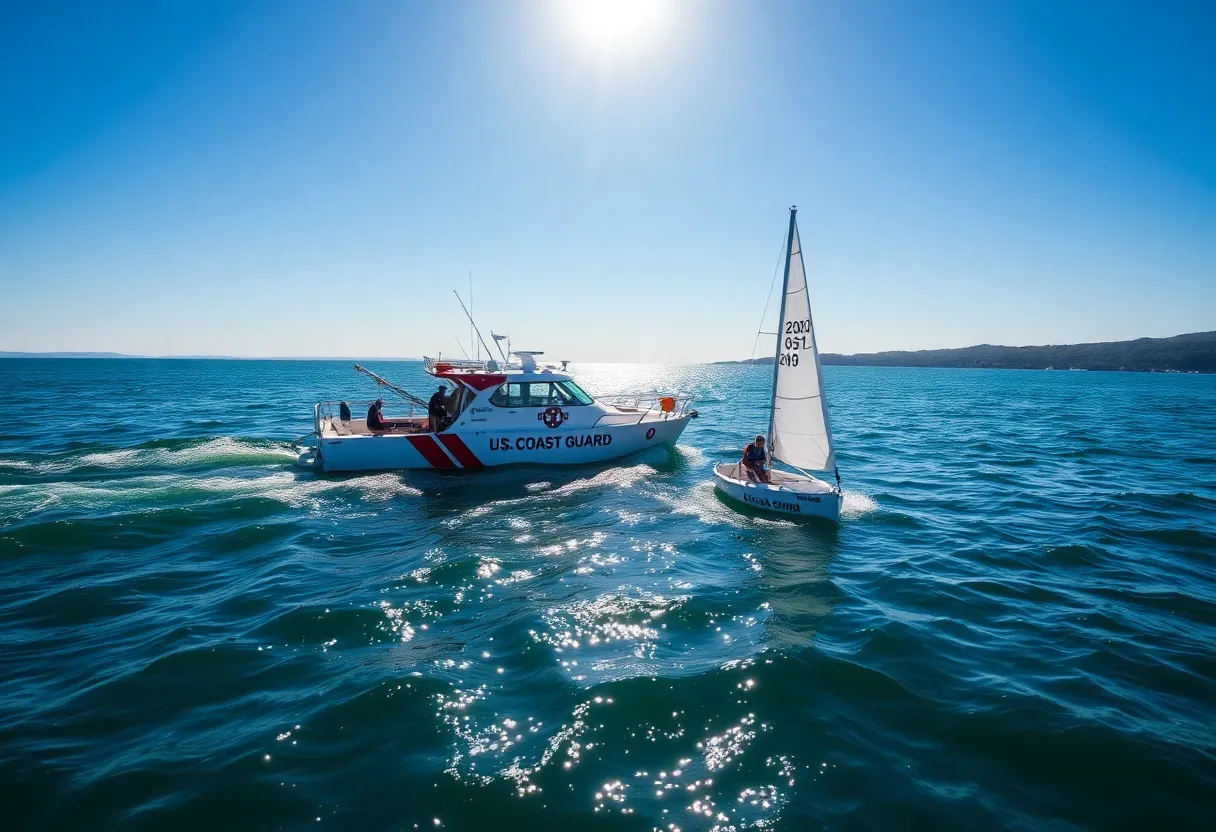News Summary
Tesla’s upcoming launch of its robotaxi service in the San Francisco Bay Area may face significant regulatory challenges. Despite CEO Elon Musk’s optimism about expanding the service, the California Public Utilities Commission confirmed that Tesla is not authorized to transport passengers with autonomous vehicles just yet. Current regulations require human drivers to be present, and there are concerns regarding local traffic conditions and ongoing disputes with the DMV over safety technology representations. The launch could proceed with limited initial operations, risking operational efficiency amid heavy traffic.
California – Tesla’s planned launch of its robotaxi service in the San Francisco Bay Area faces regulatory obstacles that may hinder its rollout this weekend. Despite CEO Elon Musk’s indications during a recent earnings call about expanding the service, the California Public Utilities Commission (CPUC) clarified that Tesla is not yet authorized to transport passengers in autonomous vehicles on public roads. Currently, the company is only permitted to operate with vehicles that have human drivers at the wheel.
The regulations dictate that while Tesla has received a charter-party carrier permit, allowing it to provide private car services with human intervention, any taxi services must comply with the existing rules. This limitation was underscored by a notification from Tesla to the CPUC about extending its operations, which would initially serve friends, family, and selected members of the public in the Bay Area using non-autonomous vehicles.
In addition, Tesla has a “drivered testing permit” from the California Department of Motor Vehicles (DMV) since 2014, allowing them to conduct testing of autonomous vehicles with a human safety driver present, but it explicitly forbids the collection of fares. Currently, testing for the robotaxi service is occurring in Austin, Texas, where operations are limited to good weather conditions during daylight hours and require safety supervisors onboard.
As Tesla prepares to launch the robotaxi service in San Francisco, an internal memo has surfaced indicating that the service could potentially become operational as early as Friday. This rollout will initially include human safety drivers in the front seats of the vehicles, and participants in the service will be charged for rides.
However, this launch coincides with heavy traffic conditions anticipated due to numerous local events, including concerts and a marathon, which could complicate the initial rollout. The added traffic could pose challenges for operational efficiency and rider experience.
Compounding Tesla’s challenges, the DMV is pursuing actions to suspend the company’s vehicle sales license, following allegations that Tesla misrepresented the capabilities of its driver assistance technologies, which were previously referred to as Autopilot and Full Self-Driving (FSD). With these regulatory issues looming, the company’s ambitions for a seamless robotaxi deployment become increasingly complex.
Furthermore, local Marin County officials have expressed a lack of awareness regarding Tesla’s operational plans, advocating for enhanced communication regarding the upcoming service. Tesla’s plans to attract passengers could be impacted by this uncertainty, requiring further engagement with local authorities.
In light of the uncertain regulatory landscape, Musk has stated that the company is awaiting approval to extend its robotaxi service to additional states such as Florida and Arizona. The recent earnings report highlighted a decrease in revenue, adding pressure on Tesla to successfully implement the robotaxi initiative to regain investor confidence and boost financial performance.
Currently, the robotaxi service is confined to an invitation-only model in Austin, utilizing a limited fleet of 10 to 20 vehicles within a designated geographic area. The expected operational growth in California hinges not only on the upcoming weekend’s rollout but also on resolving ongoing regulatory challenges that Tesla must navigate in both California and beyond.
With regulations yet to support Tesla’s ambitions for a fully autonomous taxi service, the future of the planned launch remains uncertain as the company braces for the upcoming challenges in pushing forward with its innovative transportation solutions.
Deeper Dive: News & Info About This Topic








